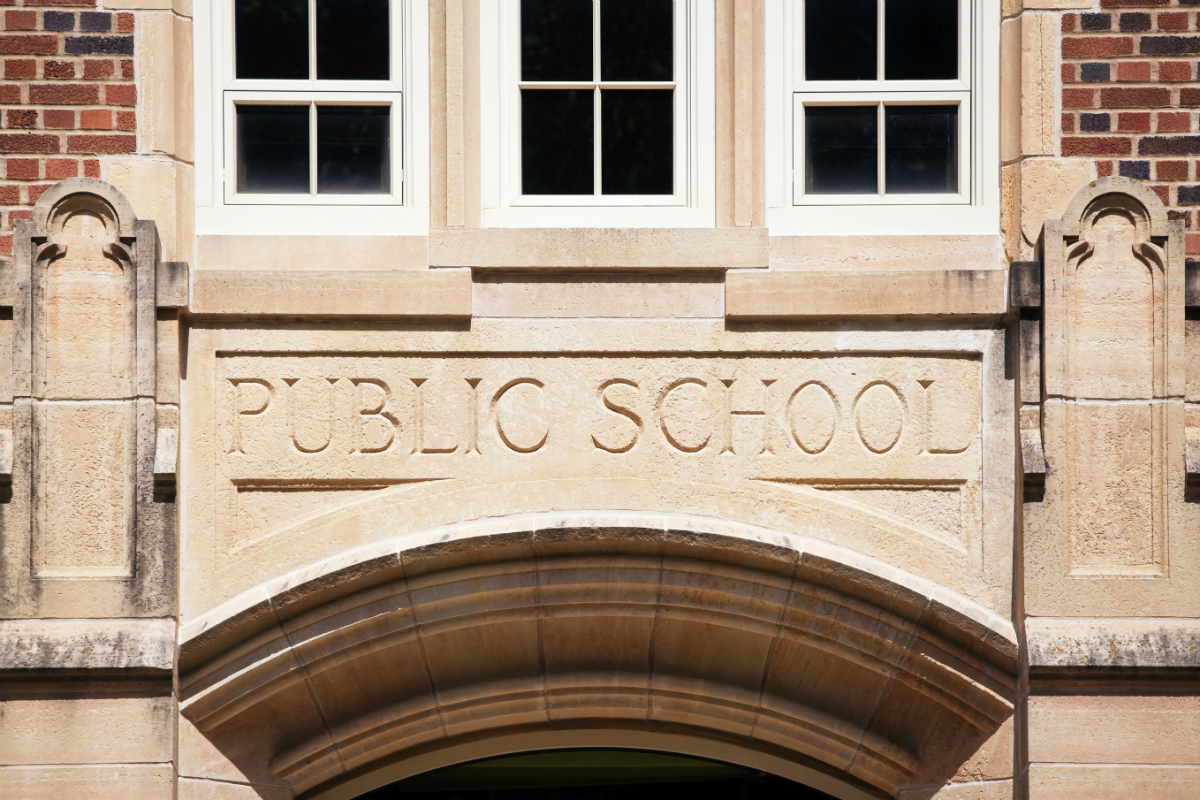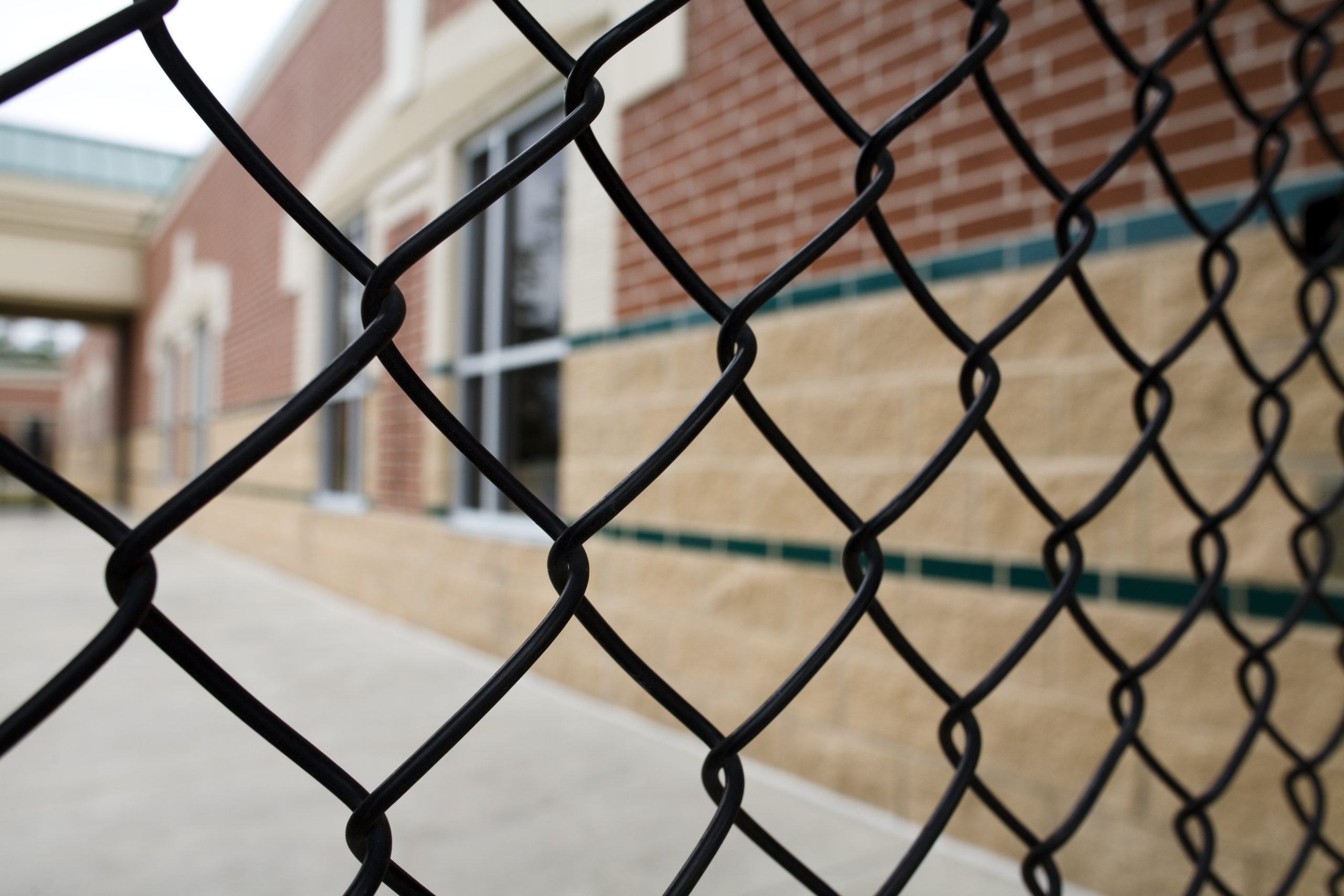After myriad advocacy organizations sounded their opposition to the first draft of California’s Ethnic Studies Model Curriculum, the State Board of Education indicated in a statement that the curriculum will be “substantially redesigned.” The statement, from State Board President Linda Darling-Hammond, board Vice President Ilene Straus and board member liaison to the Instructional Quality Commission Feliza Ortiz-Licon, acknowledges that a “model curriculum should be accurate, free of bias, appropriate for all learners in our diverse state, and align with Governor Newsom’s vision of a California for all. The current draft model curriculum falls short.”
A letter from the California Legislative Jewish Caucus shared the group’s concerns during the model curriculum feedback period (open through Aug. 15). It summarized issues that have prompted 83 civil rights, human rights, religious and education organizations to urge the IQC and State Board to establish “safeguards” for ensuring that all state-sponsored curricula are free of bias.
The letter from the Jewish Caucus states that “The ESMC is inaccurate and misleading in several critical respects and is drafted in a manner that reflects an anti-Jewish bias. For this reason, we are strongly opposed to the ESMC moving forward without significant revisions.” The letter goes on to point out specific issues with the curriculum, including that “despite the significant contributions of Jews to California’s history, politics, culture, and government — and our community’s longstanding struggle against hatred and discrimination — the ESMC effectively erases the American Jewish experience.”
Almost 15,000 signatures have been collected by the Israeli American Council in support of its ESMC feedback, which states that “the result of the curriculum would be to create a hostile environment that facilitates discrimination based on ethnicity and national-origin. Israeli-American and Jewish minority students would face a material threat to their safety and civil rights.”
In a press conference on Wednesday, Aug. 14, State Superintendent of Public Instruction Tony Thurmond joined with leaders of the Jewish Caucus to address these concerns and talk about revisions to the model curriculum. Thurmond said that greater balance was needed in the curriculum to more accurately reflect the experience and contributions of Jewish Americans and to address anti-Semitism that has existed historically and that continues to persist in modern-day times. “Revisions to the model curriculum will be recommended to highlight the Jewish community and other ethnic groups in addressing the types of inequities that the curriculum seeks to help undo,” Thurmond said.
Thurmond said that the CDE will pursue all options to correct the issues, including meeting with other stakeholder groups, asking the Legislature for more time if needed to complete the draft and, if needed, starting a new draft. Edits will be recommended with the potential of using additional writers and ethnographers.
In other feedback, the draft has been criticized for referring to capitalism as a form of power and oppression (alongside white supremacy and racism) and its use of academic jargon, such as the term “hxrstory.”
The model curriculum was developed in response to a 2016 law signed by Gov. Jerry Brown that requires a guide to high schools interested in offering ethnic studies courses. A bill currently making its way through the Legislature, Assembly Bill 331 (Medina-D, Riverside), would require students to take an ethnic studies course in order to graduate.
In all, more than 5,000 comments have been submitted to the IQC about the model curriculum. All recommended revisions will be reviewed at the next IQC meeting on Sept. 20.





